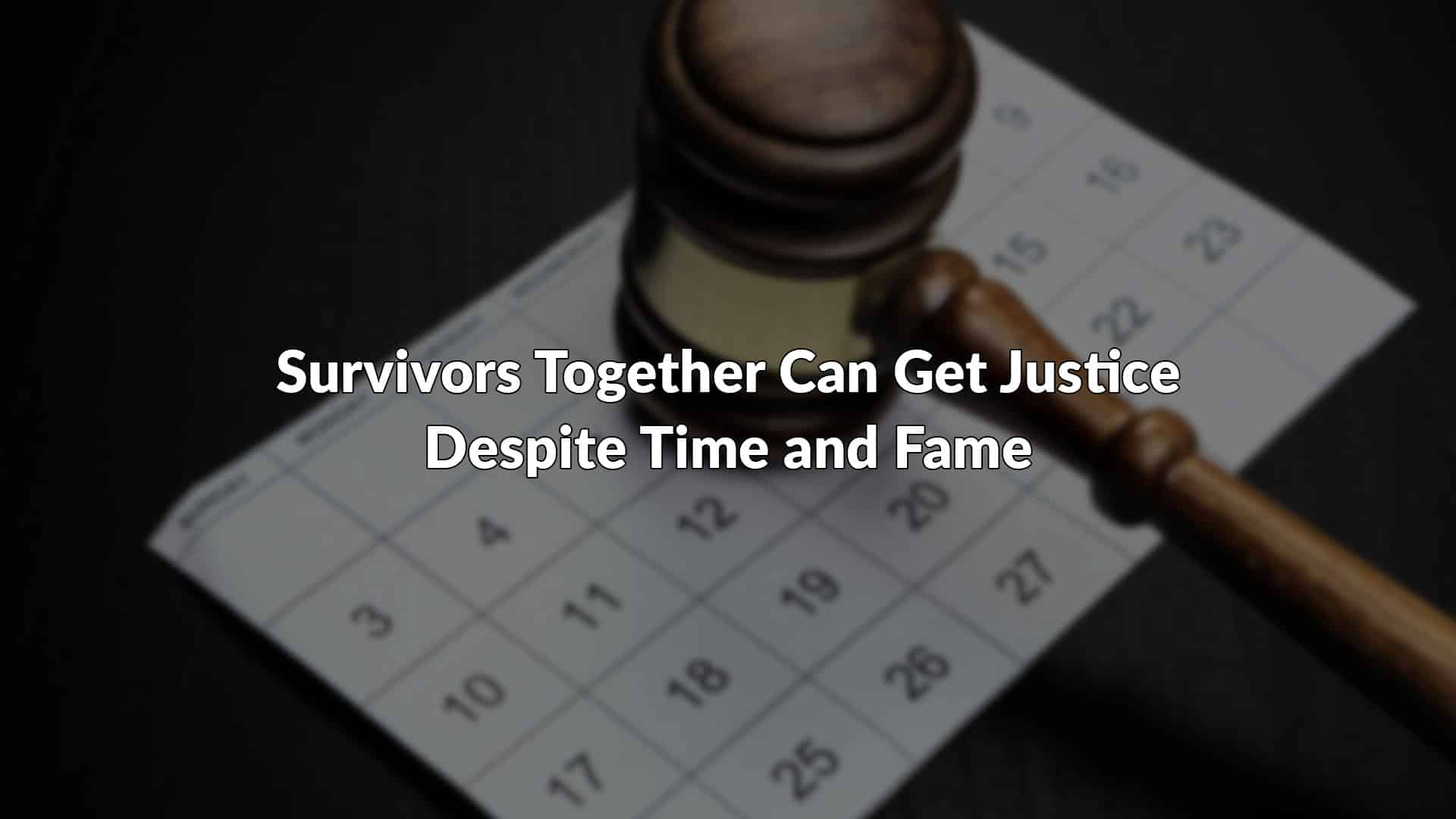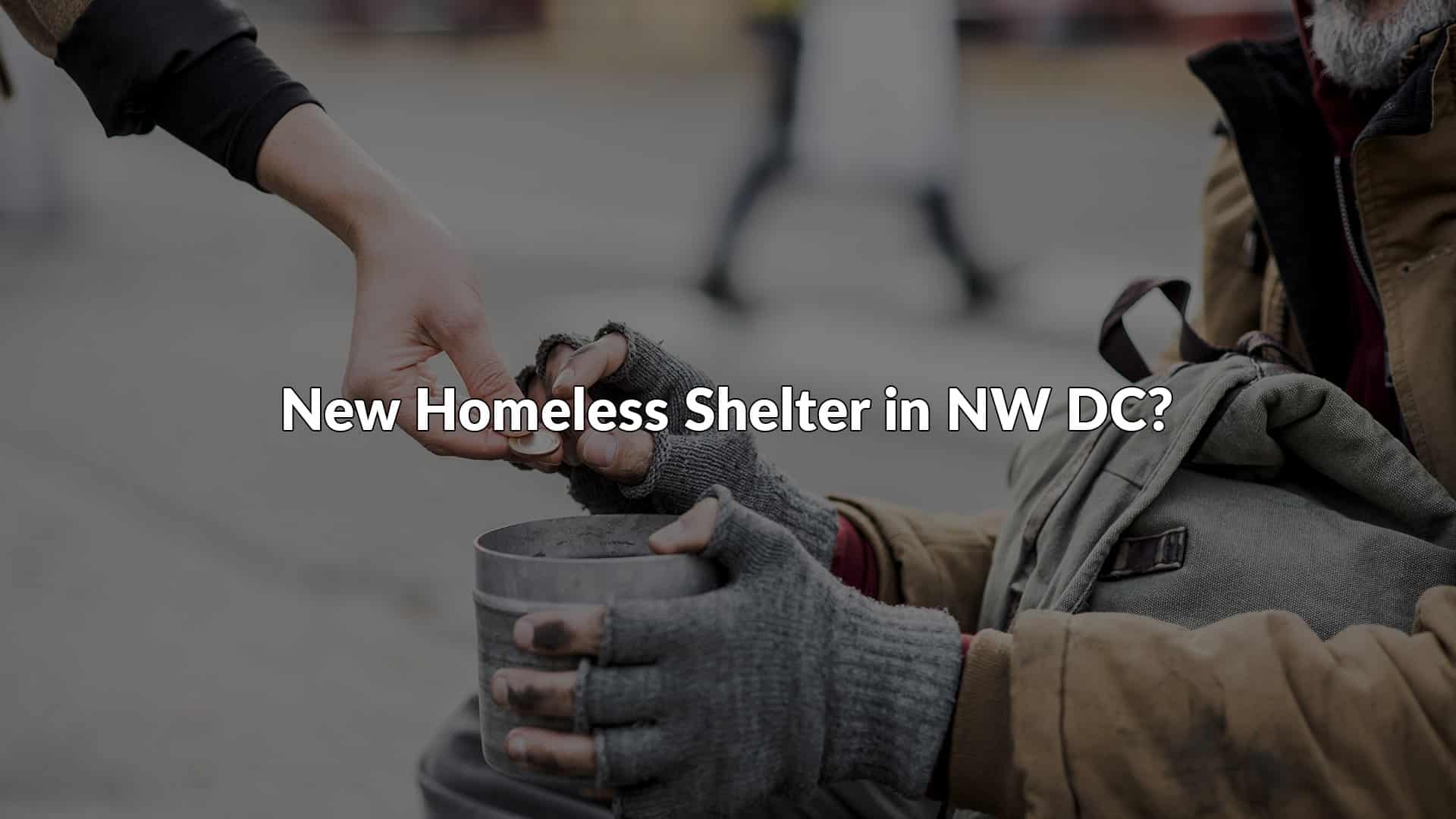Background
On April 11, 2018, President Donald Trump signed the bill generally known as SESTA/FOSTA into law. The Stop Enabling Sex Traffickers Act of 2017 or “SESTA” was introduced in the Senate. The bill intended to clarify that Section 230 of the Communications Decency Act, which immunizes websites and hosts from legal liability for comments and content posted by third-party users, was never meant to protect websites that facilitate sex trafficking. The Allow States and Victims to Fight Online Sex Trafficking Act of 2017 or “FOSTA,” was passed March 21, 2018 and presented to the president on April 3, takes the same position as SESTA, but was introduced by the House. FOSTA also imposes criminal penalties for operating an interactive computer service (websites like Reddit, Craigslist, and Backpage that allow third parties to post content) to promote or facilitate the prostitution of another person.
FOSTA doesn’t distinguish between trafficking and sex work. Sex work is the exchange of sexual acts for something of value. Sex trafficking is the exchange of sexual acts for something of value done because an individual was forced, defrauded, or coerced to engage in commercial sex. Sex trafficking is essentially forced prostitution.
With interactive computer services, FOSTA criminalizes a person who shows “reckless disregard” that their conduct contributed to sex trafficking. This means that any owners, managers, or operators of interactive computer services who intend to promote or facilitate prostitution and act in reckless disregard that their conduct contributed to sex trafficking, is in violation of the law. Penalties for violating the law mean a fine and up to 25 years in prison.
Is this Law Good or Bad?
As with most things, this question really depends upon who you’re talking about and what you’re evaluating. For individuals engaging in consensual sex work, the law has already had negative consequences. Even before FOSTA was signed, websites classified as interactive computer services were shutting down for fear of how the law would be applied. Sex workers have lost access to websites where they can screen clients before meeting them, share information about abusive customers, and engage with a wide community of peers. They are forced to engage in street based sex work, which is often more dangerous than finding clients through online postings. This also means that victims of trafficking will be forced to work on the streets, where they are more vulnerable to the same threats faced by individuals engaging in consensual sex work. Even the Department of Justice has concerns with the law.
The law will certainly make it harder for traffickers to post victims online, but it won’t stop trafficking. Before any of these websites existed, sex trafficking was still prevalent. This law will only make the game of whack-a-mole more intense. Without an escort or personals section to post in, individuals will continue to post ads in other areas not regularly known to contain ads. Websites with housing and jobs sections contain advertisements for sexual services. Tinder, OkCupid, Plenty of Fish, and other dating sites all have individuals who created dating profiles, but are looking to sell sex, instead of searching for a romantic partner. Victims won’t be able to use online ads to jog their memories when attempting to calculate what restitution might be owed to them under the law. Moreover, without those ads, it may be harder for victims to provide evidence substantiating their restitution requests.
How Will Victims’ Lawyers Use the Law Moving Forward?
While FOSTA has devastating consequences for free speech and people who work in the sex trade, it also has some potential benefits for survivors of trafficking. FOSTA provides civil and criminal remedies to survivors. Just as survivors are entitled to restitution under the Trafficking Victims’ Protection Reauthorization Act (TVPRA), they are entitled to restitution (payment for earnings while being trafficked) from criminal charges brought against would-be defendants under FOSTA. One benefit of lawsuits brought under FOSTA, is that owners of an interactive computer service may have deeper pockets than an individual trafficker. While survivors may win a judgement for monetary damages against a traffickers, they may not actually receive the entire amount of compensation ordered. This is because a trafficker has likely spent most of the money earned and won’t earn much money while in jail. A survivor may be more likely to be able to collect restitution from owners of an interactive computer service.
Additionally, FOSTA provides for another civil remedy. Again, similar to the TVPRA, a survivor of trafficking can bring their own lawsuit against their trafficker or an interactive computer service, instead of relying on the government to bring criminal charges. A survivor could go to the appropriate federal court and sue for compensation and attorney’s fees. Additionally, if a survivor does not know the whereabouts of her trafficker, the operator of an interactive computer service may be easier to locate and sue.
Is FOSTA the Answer?
Ultimately, the way to stop sex trafficking is not with criminal penalties that chill free speech. FOSTA has gone much too far and, arguably, could have bestowed similar benefits to survivors of trafficking without causing the havoc individuals in the sex trade are currently experiencing. As long as people struggle with discrimination on the basis of a minority status (such as racial and gender minorities), housing, a living wage, affordable childcare, and stable employment both sex work and sex trafficking will exist. Local organizations need adequate funding to provide services to their clients. Progressive criminal justice reform, vacatur laws, and expungement laws will provide a fresh start to individuals burdened by criminal records or divert them out of a system that keeps them stuck in a quagmire of poverty and vulnerability.
Need Help?
If you have been negatively impacted by FOSTA, there may be resources to help you:
For a list of service providers in the DC-metro area: www.dchtresources.amaralegal.org
For emergency funding: Lysistrata www.lysistratamccf.org
For Safety Kits: Sex Worker Outreach Project (SWOP) Behind Bars www.swopbehindbars.org
SWOP Hotline: (877) 776-2004
National Human Trafficking Hotline: 1 (888) 373-7888
If you are looking for legal assistance as a result of FOSTA, please feel free to reach out to the Amara Legal Center in one of the following ways:
Website: www.amaralegal.org/request-support/
Phone: (240) 257-6492
Email: info@amaralegal.org
Want to Help?
Amara is always happy to accept donations in furtherance of our work to provide legal assistance to people whose rights have been violated while involved in commercial sex. You can donate to us here: www.amaralegal.org/donate.
Amara also accepts assistance from pro-bono attorneys, especially those licensed in DC, Maryland, and Virginia. If you are interested in getting involved, please visit: www.amaralegal.org/join-us.



